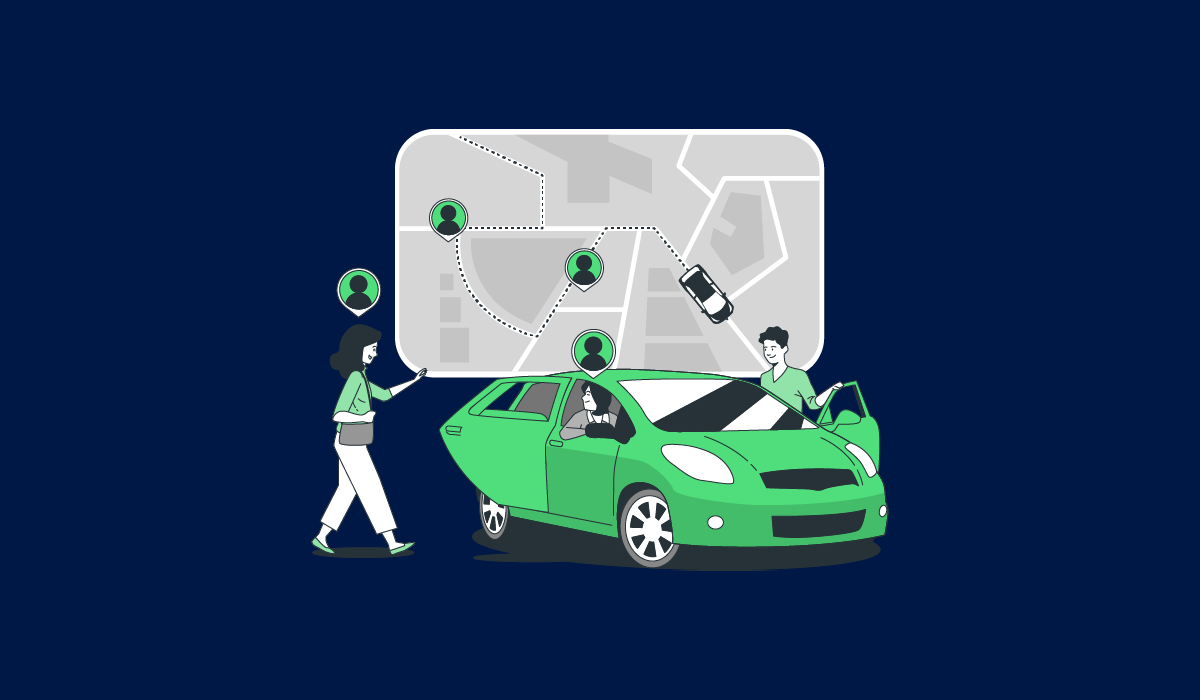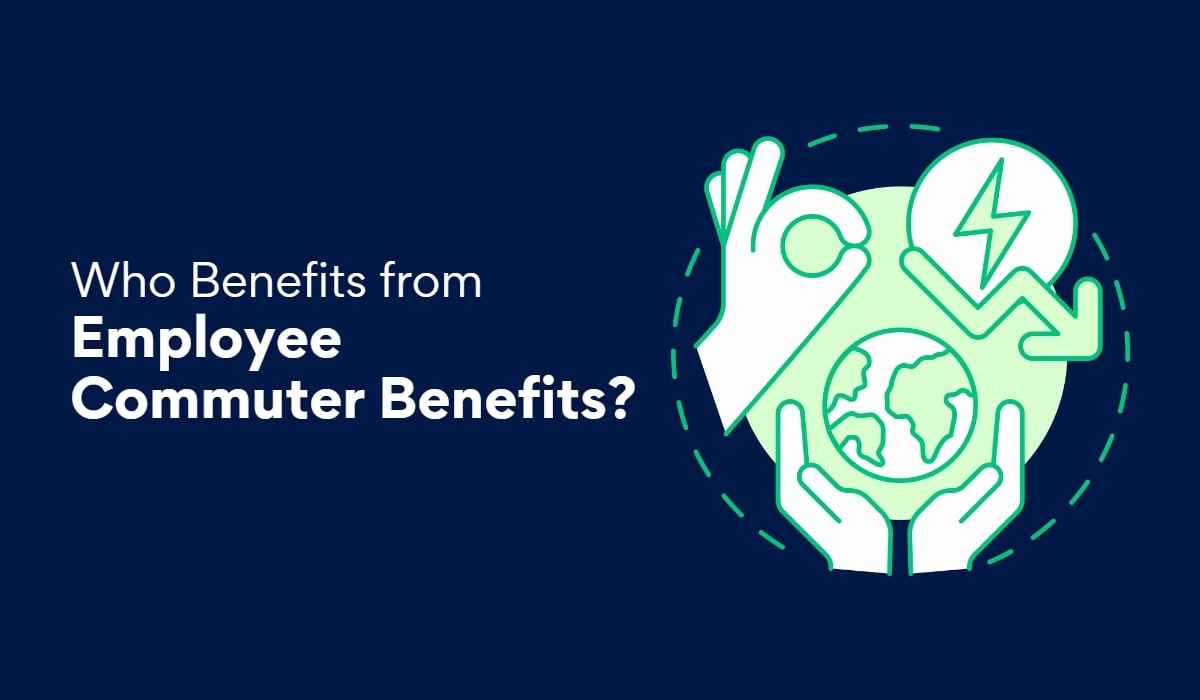In a continuation of last week’s flexiBlog post focused on the workplace trends we’ve observed over the last 12 months, today I’m exploring how commuter benefits have played a role in the landscape of work over the last year and what that may mean for what’s in store in 2024. As a reminder, next week I’ll have my final blog in this series (and for the year!) which will include flexigo’s vision for 2024 and beyond, and the role we strive to play in supporting our clients’ long-term success.
As I dove into in last week’s flexiBlog, it's clear that the landscape of work has undergone a profound transformation, largely shaped by the impact of commuter benefits. The way people work, where they work, and even when they work have all been influenced by the emergence of hybrid work arrangements. Across the U.S., companies are encouraging employees to return to the office, and this shift has far-reaching implications for the future of work in 2024.
The Evolution of Commuter Benefits
Commuter benefits have long been an essential component of employee compensation packages, aimed at reducing the financial burden and stress associated with commuting. Traditionally, these benefits were structured around public transportation subsidies and parking allowances. However, the dynamics of work changed dramatically over the past year, giving rise to new considerations in how employees commute and the programs employers have in place to support their people.
The Hybrid Work Model
The pandemic accelerated the adoption of remote work, prompting many organizations to reevaluate their approach to where and how work gets done. The result? The widespread adoption of hybrid work models, where employees split their time between working in the office and from home. This shift has fundamentally altered the commuting landscape, as employees now require more flexible and tailored commuter benefit solutions. The standard fixed-line commuter shuttle or manually managed vanpool simply don’t meet the dynamic needs of today’s workforce. Instead, innovative tools like demand-responsive shuttles whose routes are created based on daily demand serve both employees’ and employers’ more effectively, reducing overall commute times and increasing the utilization of an organization’s transportation assets.
The Return to the Office
As we enter 2024, the pendulum is swinging back toward the office, with companies eager to reestablish a sense of community, collaboration, and innovation that remote work can struggle to provide. This resurgence presents an opportunity for employers to reimagine their commuter benefit programs, ensuring they align with the evolving needs and expectations of their workforce. Organizations on the leading edge of this shift have already begun expanding the available mobility options – shuttle, vanpool and carpool, as well as digital access to company pool cars and guaranteed ride home programs – to ease the return to office and improve the employee experience. Adding commute and supplementary mobility solutions available through a single all-in-one mobility app makes access to, and therefore usage of, these solutions easier than ever, ultimately increasing ridership across all modes.
The Impact on Employee Engagement
A crucial aspect of this transformation is the direct correlation between effective commuter benefits and improved employee engagement. Companies recognizing the importance of creating a seamless and enjoyable commuting experience are not only fostering a positive work environment but also boosting overall employee satisfaction and productivity. All of this is translating into improved revenues and reduced costs for those organizations whose leaders are providing employee-focused commute solutions.
What to Expect in 2024
Looking ahead, we anticipate a continued acceleration in the return to the office trend in 2024. Employers will be actively seeking ways to make the transition smoother for their workforce, with a focus on enhancing the commuting experience. As the demand for flexible and comprehensive commuter solutions grows, companies that prioritize employee well-being and work-life balance will be better positioned for success.
flexigo: Pioneering Future-Ready Commuter Solutions
In this dynamic landscape, flexigo stands out as a trailblazer in the realm of commuter benefits. With a suite of mobility solutions that are both comprehensive and flexible available on a single rider app with a unified administrative portal, flexigo is uniquely positioned to help employers plan and structure effective commuter solutions for their employees. Our commitment to innovation and adaptability based on both client feedback and future trend analysis ensures that our offerings not only meet current needs but also anticipate upcoming changes in how people prefer to commute.
As we all navigate the evolving landscape of work in 2024, the impact of commuter benefits cannot be overstated. The prevalence of hybrid work arrangements and the resurgence of the return to more office-based work underscore the need for flexible and forward-thinking commuter solutions. In this context, flexigo's suite of mobility solutions emerges as the most complete and adaptable in the market, making it the ideal partner for companies looking to enhance employee satisfaction, engagement, and overall success in the years to come.
By Dave Gallon - Managing Director US, flexigo

.png?width=200&name=logo%20(1).png)











